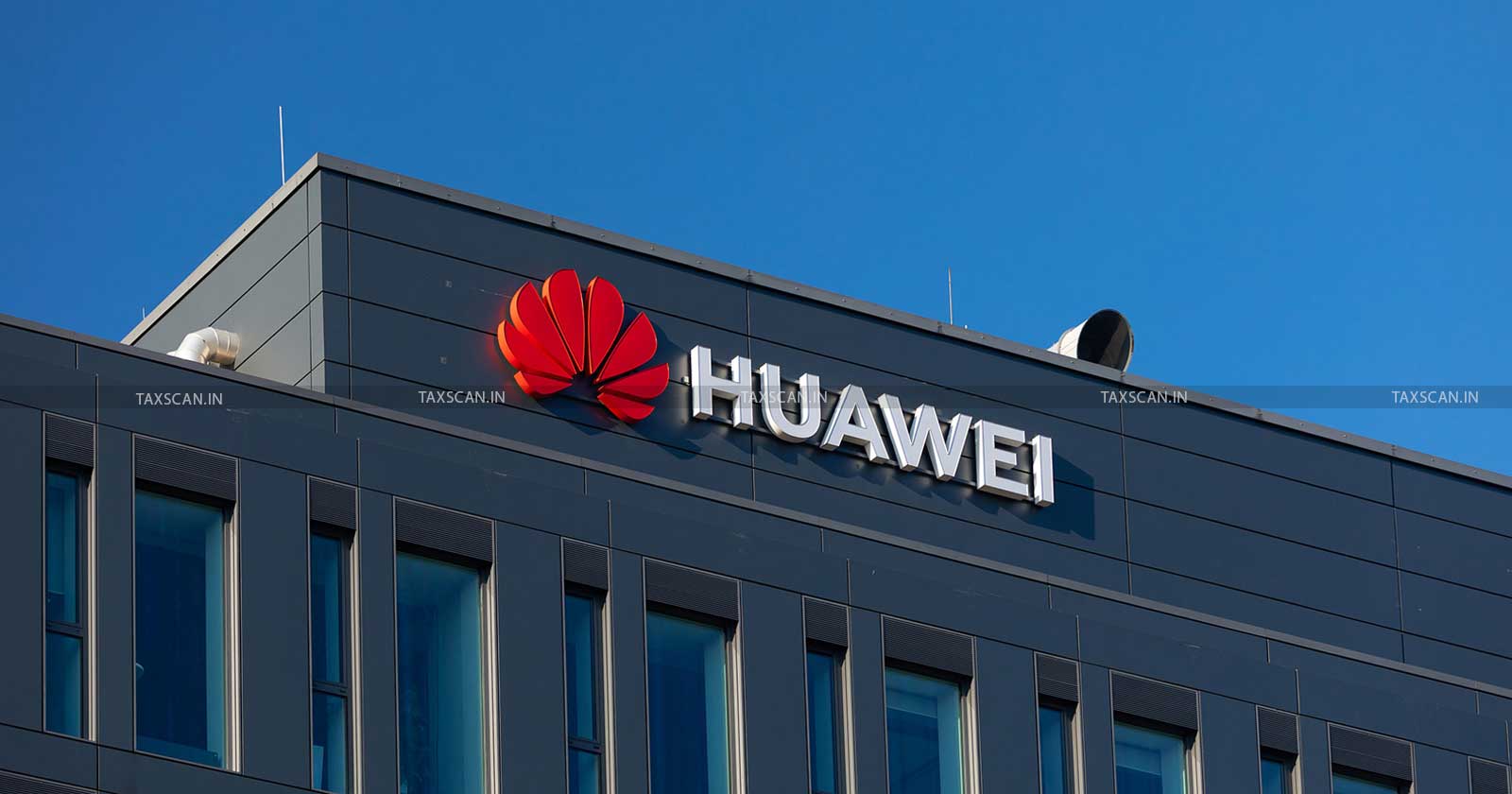Relief to Huawei: Delhi HC Rules AY 2013-14 Assessment Time-Barred Due to Inaction After ITAT's Remand [Read Order]
The court stated that the limitation period for compliance begins when the ITAT pronounces its order in open court, and since the time for taking action had lapsed, any further proceedings were barred.

Huawei – Relief to Huawei – Delhi HC – Delhi HC Rules – ITAT’s Remand – High Court of Delhi – Huawei Telecommunications India – return of income – subsidiary of Huawei Technologies – Income Tax Act -Taxscan
Huawei – Relief to Huawei – Delhi HC – Delhi HC Rules – ITAT’s Remand – High Court of Delhi – Huawei Telecommunications India – return of income – subsidiary of Huawei Technologies – Income Tax Act -Taxscan
In the recent ruling,the High Court of Delhi granted relief to Huawei Telecommunications India, ruling that the assessment for the assessment year(AY) 2013-14 was time-barred due to inaction by the Revenue authorities after the Income Tax Appellate Tribunal(ITAT)'s remand.
Huawei Telecommunications India Company Private Limited,petitioner-assessee, a subsidiary of Huawei Technologies Coopertief U.A. (Netherlands), was engaged in distributing telecom equipment and providing technical services.
Become PF & ESIC Pro: Basic to Advance Course - Enroll Today
For the AY 2013-14, it initially filed its return of income on 29.11.2013, reporting a loss of ₹311.04 crore. A revised return was filed on 30.03.2015, reporting a reduced loss of ₹310.39 crore and claiming a refund of ₹61.69 crore. The case was selected for scrutiny, and the Assessing Officer (AO) issued a notice under Section 143(2) of the Income Tax Act, 1961.
The AO passed an assessment order on 03.10.2017, making several additions, including a transfer pricing adjustment of ₹1,07,12,15,739, disallowances of ₹1,25,24,555 related to employee contributions to Provident Fund, and other disallowances for advertisement expenses, customer claims, and advances written off.
Become PF & ESIC Pro: Basic to Advance Course - Enroll Today
The assessee filed an appeal with the ITAT, which issued its order on 24.02.2021. ITAT remanded the transfer pricing adjustment issue to the Transfer Pricing Officer (TPO) for reconsideration. Additionally, the ITAT deleted disallowances related to advertisement expenses, customer claims, and advances written off, subject to verification.
Despite the ITAT’s remand, no fresh order was passed by the AO or TPO. The petitioner argued that as per Sections 153(3) and 153(5) of the Income Tax Act, the statutory time limit for completing the proceedings had expired. The petitioner highlighted its communication with the AO in April 2024, seeking clarity, but no response was received.
Become PF & ESIC Pro: Basic to Advance Course - Enroll Today
The Division Bench comprising Vibhu Bakhru(Justice) and Swarana Kanta Sharma(Justice) noted that despite being granted multiple opportunities, the Revenue failed to file a counter affidavit to contest the assertions made in the petition. Consequently, the facts presented by the assessee remain uncontested.
It examined Sub-sections (3) and (5) of Section 153 of the Act, which prescribe timelines for completing fresh assessments or giving effect to appellate orders. It was observed that the ITAT had pronounced its order in open court on 24.02.2021, as confirmed by the presence of the Revenue’s representative. This date triggered the timeline for compliance under Section 153(5) of the Act.
Become PF & ESIC Pro: Basic to Advance Course - Enroll Today
Referring to earlier rulings, the court reiterated that the limitation period begins when the order is pronounced and known to the parties. This is not dependent on the internal administrative procedures of the Revenue Department. The Full Bench in CIT-7 v. Odeon Builders (P.) Ltd. clarified that once the ITAT pronounces its order in open court, the limitation period commences, regardless of when specific officers receive the certified copy.
The bench concluded that since the stipulated time for taking action under Section 153 had lapsed, any further proceedings by the AO or TPO are now barred. Accordingly, the assessee’s return must be considered accepted.
In short,the petition filed by the assessee is allowed.
To Read the full text of the Order CLICK HERE
Support our journalism by subscribing to Taxscan premium. Follow us on Telegram for quick updates


